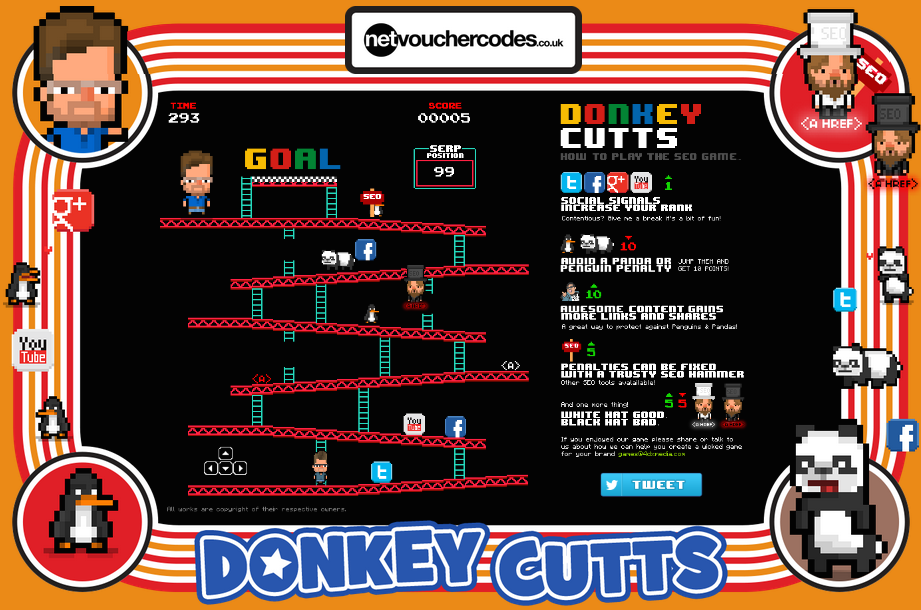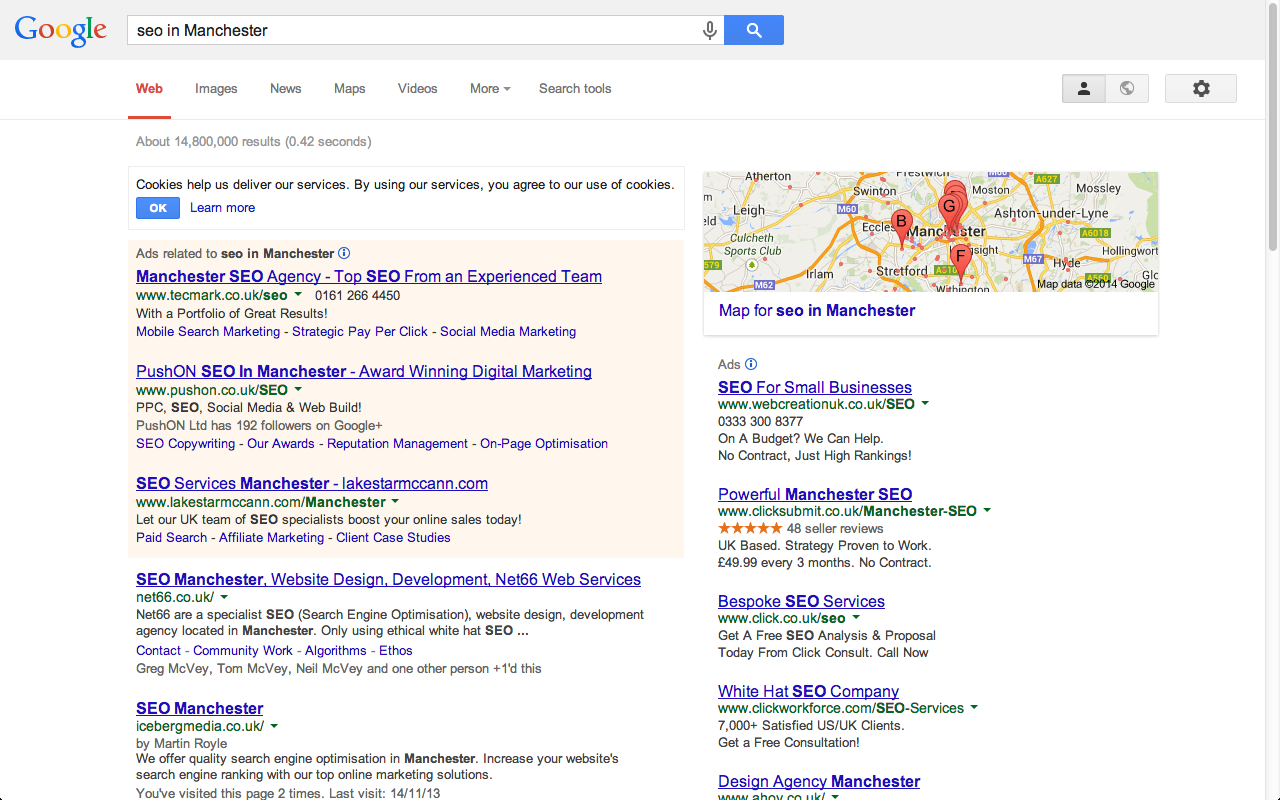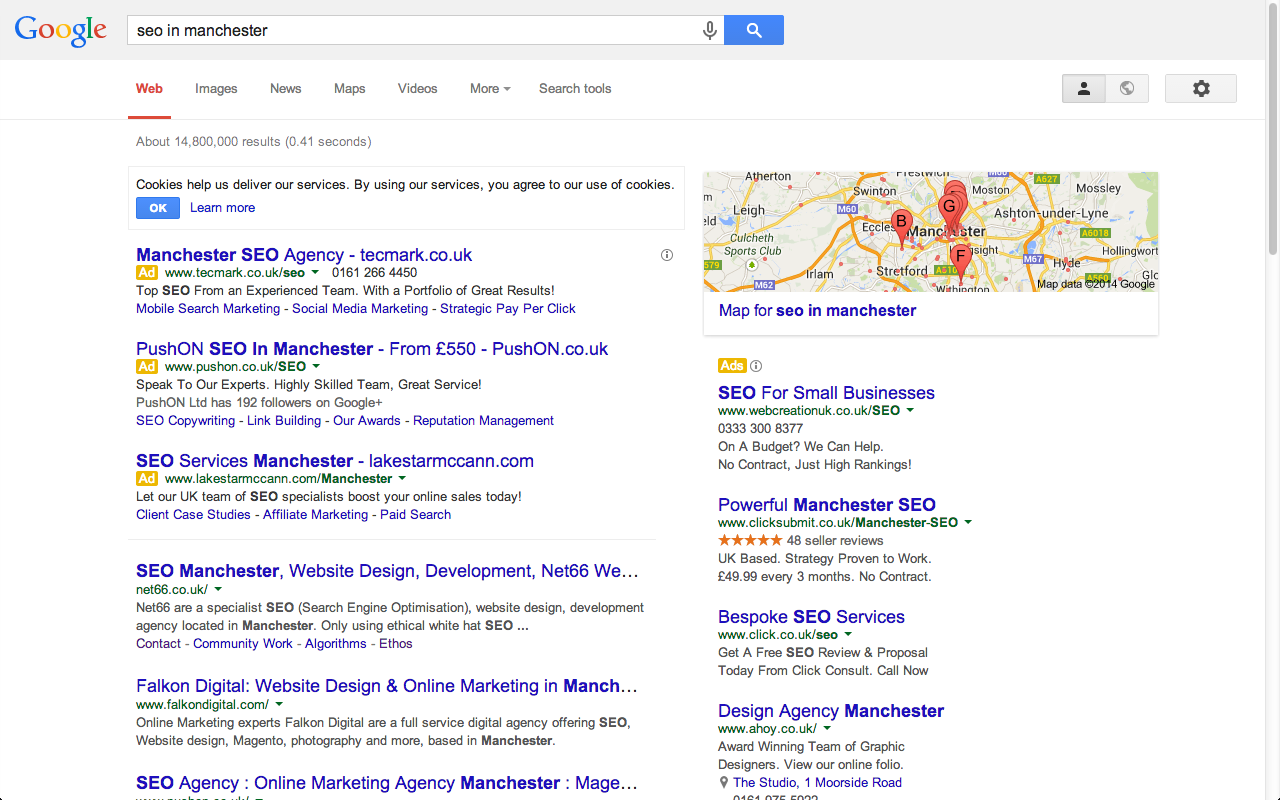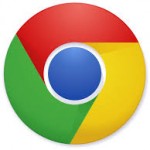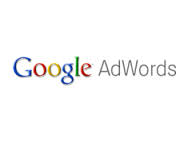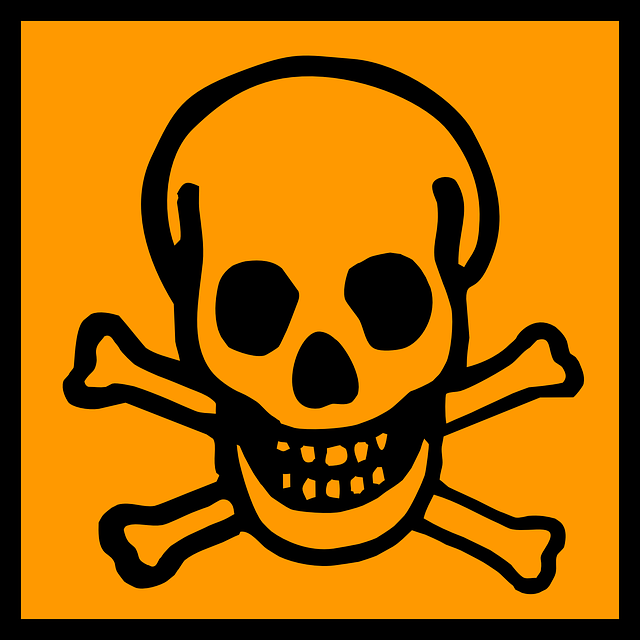Matt Cutts, the batman of Google’s antispam team, has released a video on Paid Links and how Google are judging them.
Advertised Paid Link
Thank you captain obvious. If there is a website willing to accept an amount of money in exchange for placing a link to your website then that is, believe it or not, a paid link.
Other less obvious paid links would be advertising on a website where links to your site aren’t nofollowed or redirected.
Value
Google also look at the value of what is on offer. For instance, if you’re given a free stress ball from a counselling company that has their logo on it, chances are they aren’t expecting you to rush to the nearest internet cafe to blog about your good fortune whilst including a link to their site. So they aren’t really paying you for a link if you do choose to blog about it and link to their site.
However, if you’re given a substantial amount of money and you do happen to write a blog linking to the donators site, that could be deemed a paid link.
How Close to Money is what you’re Given
Similar to value, Google will inspect what you’ve received in exchange for a link to someones site. If what you’ve been given is similar to money, a gift card for instance, as that’s pretty much as close to money as you can get without it being actual money, then that link will be treated as page.
Gift Vs Loan
Tech companies will often loan out their latest products to tech bloggers so they can get good reviews. This is standard fare. It changes when the products are given as a gift, rather than a loan. The gifting of this product is closer to payment than a loan.
Hear more form Matt below:
Blog Post by Greg McVey

